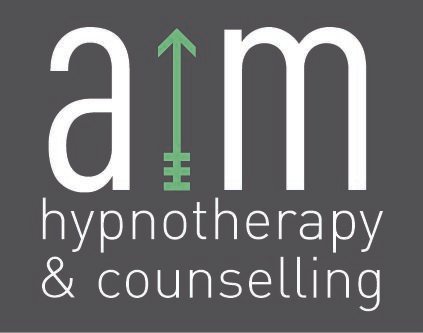Self Esteem initiatives have been accepted as a necessity within western school systems and parents have been encouraged to contribute to the elevation of their child's self esteem through praise and positive attention. Recently however the use of Praise has been questioned and this article takes an interesting look at the possible negative effects of praise.
From BPS's Blog:
-"When you’ve done something good, or performed a task well, it feels great to get some praise for it. And parents and teachers, especially in Western cultures, are encouraged to dole out praise to children in an increasingly generous manner. A drawing might not just be 'good', it might be 'incredible'. That song wasn’t just 'beautiful', it was 'epic'. Such praise is often given with the best intentions, particularly in the belief that positive feedback, especially for children who don’t have much faith in themselves, might help to raise their self-esteem. But does it work?"
Recent research by Eddie Brummelman and colleagues has tried to shed light on this question. In three studies, they looked at how adults dish out praise to children in both an experimental and naturalistic setting, and how children with varying levels of self-esteem take it. Their results suggest that overly positive praise might not have the intended effect for children who have low self-esteem.
In the first experiment, Brummelman’s team asked a group of adults to read short descriptions of hypothetical children, described as either having high or low self-esteem. People were told about something that the child had done – say, solving a maths problem, or performing a song. After reading through the description, they were asked to write down any praise that they might give the child. Brummelman’s team found that about a quarter of the praise was overly positive (e.g. "that sounded magnificent!"), and that people were more likely to give more extremely positive praise to the children who had low self-esteem.
The researchers then tried to replicate these findings in a more naturalistic setting, by observing how parents interacted with their children when giving them a series of maths exercises at home. Brummelman and colleagues found a similar result to their laboratory experiment – about a quarter of the time, praise was overly inflated, and children who had lower self-esteem were given more inflated praise than those who had higher self-esteem.
To read more about the results please follow this link to the rest of this article
- Post written by guest host Dr Pete Etchells, Lecturer in Psychology at Bath Spa University and Science Blog Co-ordinator for The Guardian.
Brummelman, E., Thomaes, S., Orobio de Castro, B., Overbeek, G., & Bushman, B. (2014). "That's Not Just Beautiful--That's Incredibly Beautiful!": The Adverse Impact of Inflated Praise on Children With Low Self-Esteem Psychological Science, 25 (3), 728-735 DOI: 10.1177/0956797613514251

